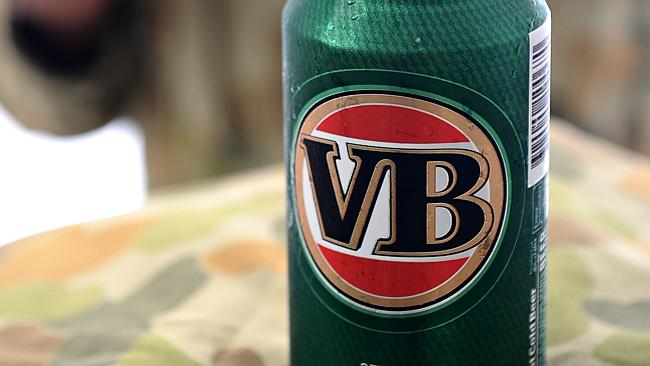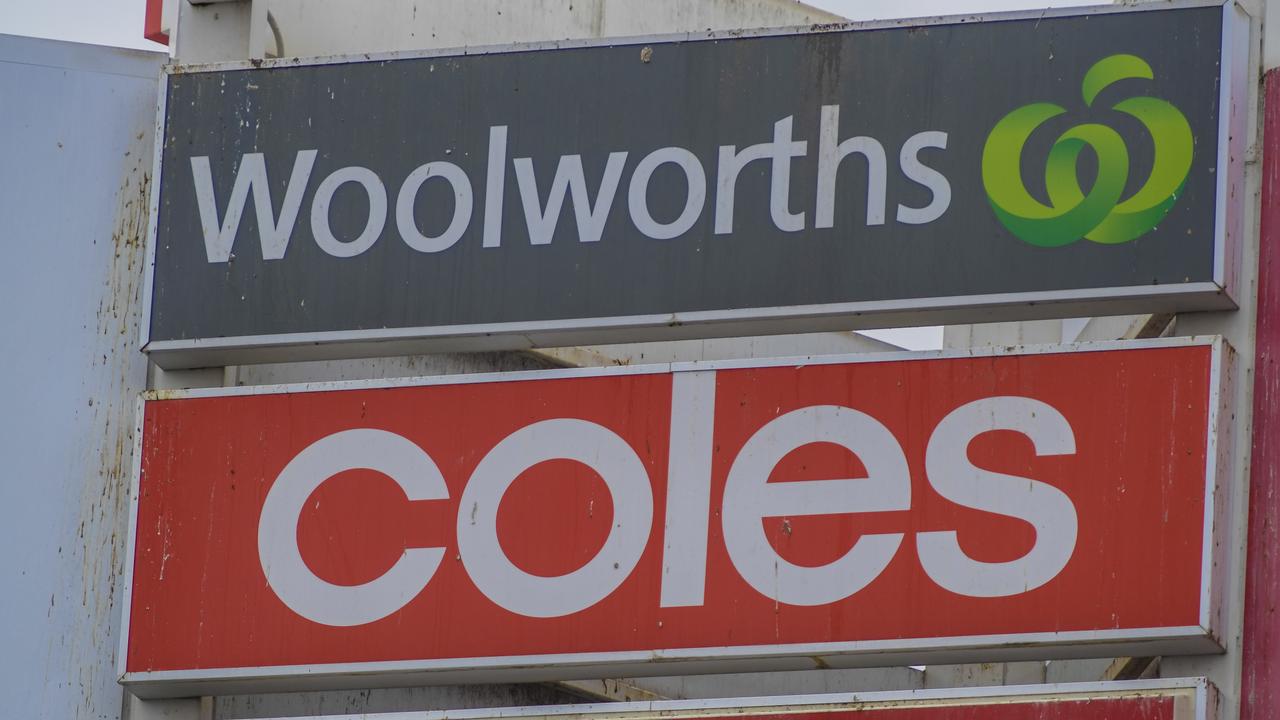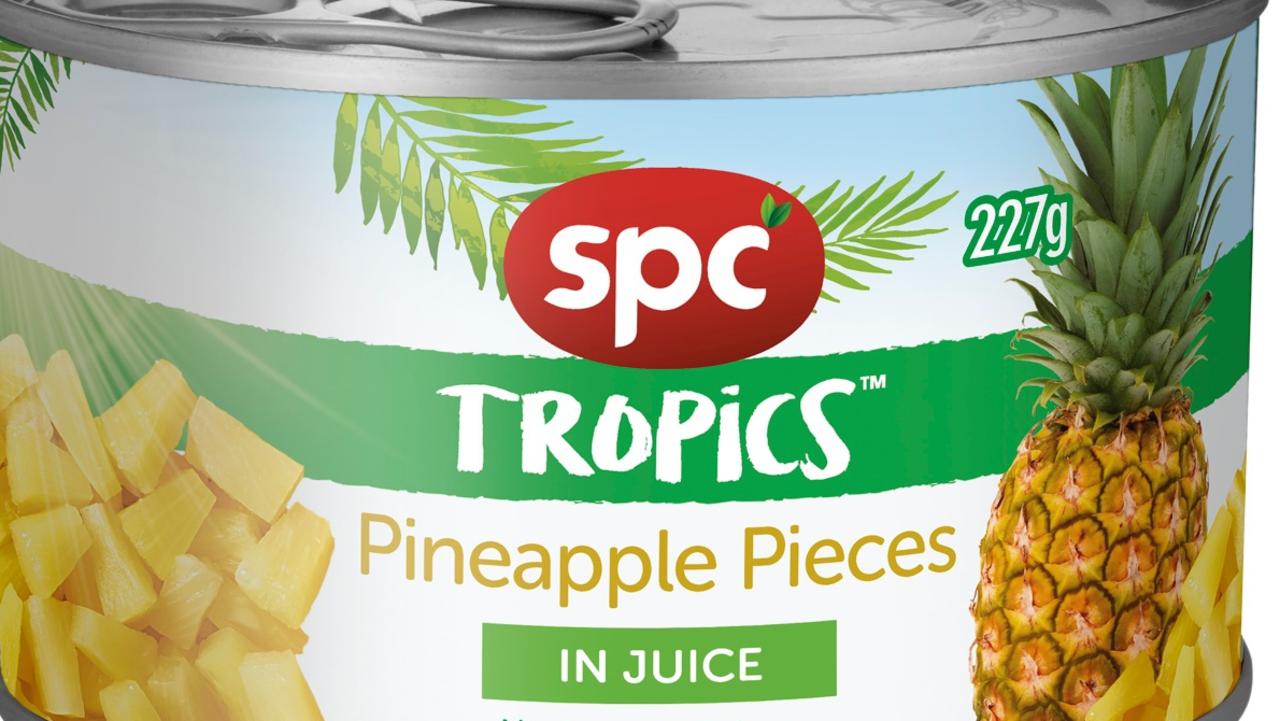Common myths about Australian icons
THE takeover bid by David Jones sees it join the long list of foreign-owned Aussie icons. Here's the others that may surprise you.
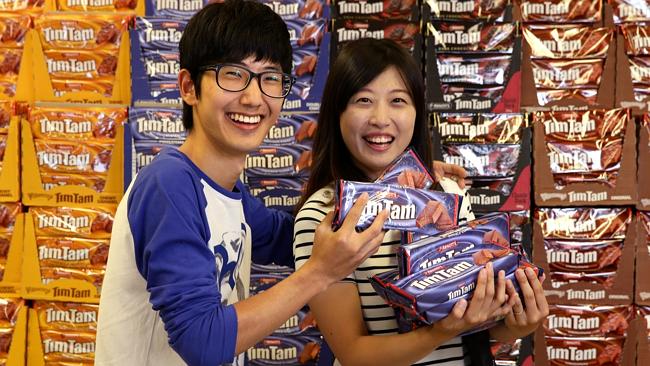
ANOTHER one bites the dust. After months of the ‘will-they-won’t-they’ drama of a potential merger with Myer, David Jones shocked the market this morning with news it’s set to be bought by Woolworths South Africa for $2.15 billion.
As the news trickled through, many consumers were confused there was another Woolworths where they don’t buy their cereal every week. So who is Woolworths South Africa, soon to be at the helm of an iconic Australian brand started 175 years ago by a Welsh immigrant?
Woolworths South Africa is unaffiliated with the Australian group and is listed on the Johannesburg stock exchange with a value of $5.6 billion. It operates department stores in South Africa.
Significantly, this isn’t the company’s first foray into Australia. It owns 88 per cent of listed local fashion group Country Road (the other part of the company is divvied up between Solomon Lew and other shareholders).

Woolworths has obviously seen an opportunity in the Australian market with Country Road group acquiring former rival Witchery Group in 2012 for $172 million.
In its interim financial report in December, Woolworths predicted that while consumer confidence was still cautious, there were signs of an improved retail market. Conversely, it said the economic conditions in South Africa will remain constrained.
Whether consumers will change their view of David Jones because of a change in ownership will remain to be seen but Woolworth’s acquisition of Country Road last century did not have a negative effect on the fashion and lifestyle business in the longer term.
The takeover bid is still subject to approvals from shareholders and the Foreign Investment Review Board. Myer has also withdrawn its earlier merger offer.
In light of the news, we thought we would take a walk down memory lane with a story we published on this year’s Australia Day weekend, which detailed the Australian icons which actually aren’t.
THONGS
Thongs mean something completely different to our American cousins (we can thank Sisqo for that illuminating lesson) but you can hardly turn a corner on any Australian street without seeing that rubber strap wedged between exposed toes. And while there is a common misconception that thongs are oh-so-Australian with $2 pairs gracing the shelves of Woolworths long before Havaianas invaded our shores, thongs have actually been around for thousands of years. Our 'national' footwear comes to us via ancient Egypt, Greece, Italy, Jerusalem, Africa, India, China and Japan. So almost every corner of the earth. The modern thong was popularised from the Japanese version by returning American soldiers who brought them back from service. Who knew something so simple would be such big business? The most ubiquitous thongs in Australia, Brazil's Havaianas, reported $US1.3 billion in sales in 2011.
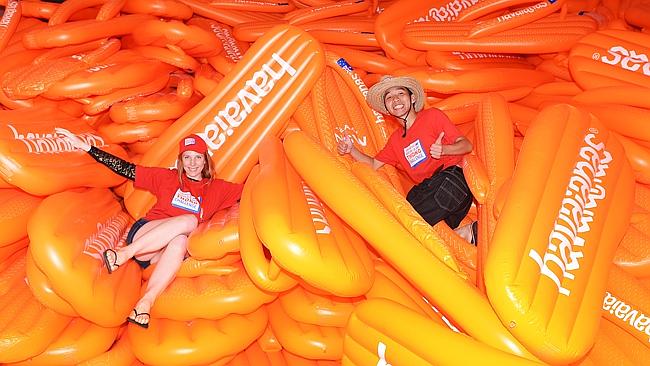
MEAT PIES
If meat pies don't belong to Australia then maybe we can also disown the inevitable tomato sauce stain down our crispy white shirts (and it's always the day you're wearing white). Contrary to our national myth, the good ol' Aussie meat pie actually belongs to Europe. Or New Zealand, like so many things, if you believe the Kiwis. The original meat pies, according to research by food historian Dr Janet Clarkson, were designed to preserve the meat for up to a year and were called 'coffins'. Mmm, tasty. Nothing like a death association to get your appetite going. The reason for its popularity in Australia is that meat pies made for easy settler food due to its flexibility in what could be stuffed between the flaky layers of pastry. One of the most iconic producers in the country, Four 'N' Twenty, was sold to the Americans in the 1990s but came back under Australian ownership in 2003.
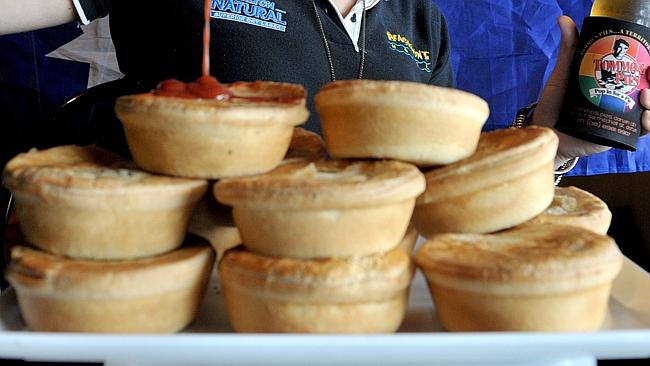
PAVLOVA
Along with Russell Crowe and Phar Lap, the pavlova is one of the most pitched ownership battles between Australia and New Zealand. What is not in question is the namesake of the sugar-laden dessert, Russian ballerina Anna Pavlova who won over us antipodeans with her grace on a trip down under. Perth chef Bert Sachse is said to have invented the pav at the Esplanade Hotel in 1935. But recipes for 'meringue cake' actually dates back to 1929 in New Zealand. So it looks like we'll have to let the Kiwis take that one, just like Sam Neill and the Finn brothers.
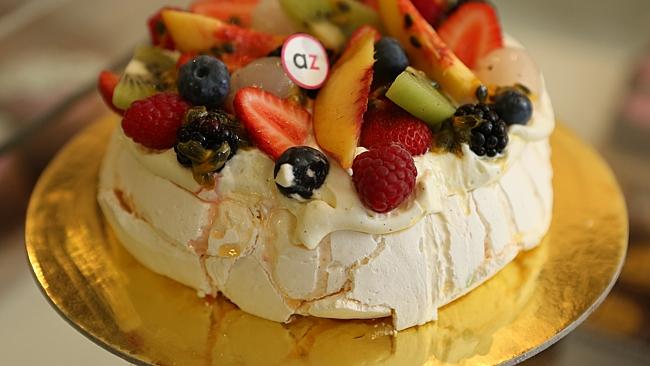
And then there are the Australian icons which have fallen to foreign ownership.
VEGEMITE
'We're happy little Vegemites' has practically become the default national anthem but it hasn't been Australian owned since 1935. Devised by Australian chemist Cyril Callister in the early 1920s at the behest of Melbourne merchant Fred Walker, Vegemite was initially unpopular with Aussies already enamoured with Britain's Marmite. So in 1925 Walker teamed up with American company James L. Kraft to establish Kraft Walker Cheese Co and he leveraged Kraft's success with processed cheese to spruik Vegemite in a cross promotion. When Walker died in 1935, the combined company was absorbed back into its American parent. The jingle itself didn't appear until 1954.
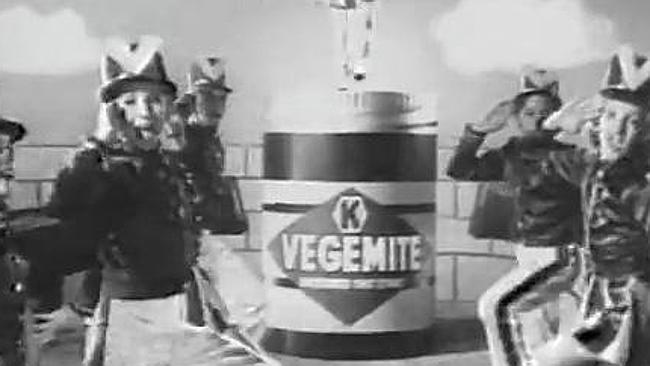
TIM TAMS
All that chocolatey cream goodness sandwiched between two layers of chocolate biscuits encased in chocolate has been making Australians feel guilty since 1964 when Arnott's based the indulgence off Britain's Penguin biscuits. In 1997 Arnott's was acquired by American company Campbell Soup Company which had been a shareholder since the 1980s. But rest assured, most Tim Tams are still manufactured in Australia and exported the sweet-toothed around the world.

CHIKO ROLLS
The Chiko Roll was inspired by Chinese spring rolls and came into being in 1950s by Francis McEnroe. With its meat and veg inside a heavy pastry filling, the Chiko Roll is perhaps better known for its evocative Chiko Chick (a leggy and buxom girl perched suggestively on a motor bike) than its nutritional value. Chiko Rolls was bought out by privately owned US business Simplot in 1995 but happily, it has kept with the tradition of the 'Chiko Chick' with local woman Danielle Collis taking out the 2014 honours.
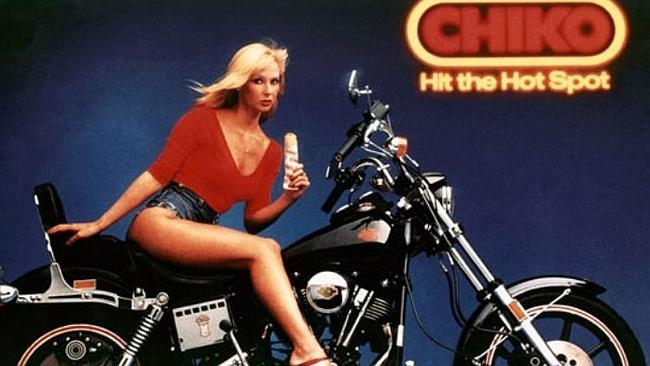
VB
A hard-earned Australian thirst deserves a big cold beer, but that big cold beer is now in the hands of the British and South Africans after parent company Carlton & United Breweries sold to SABMiller in 2011. Along with VB, other icons, at least to those outside of Australia, such as Fosters, went along too. Similarly, legendary Queensland favourite XXXX is owned by Japanese-controlled Lion.
